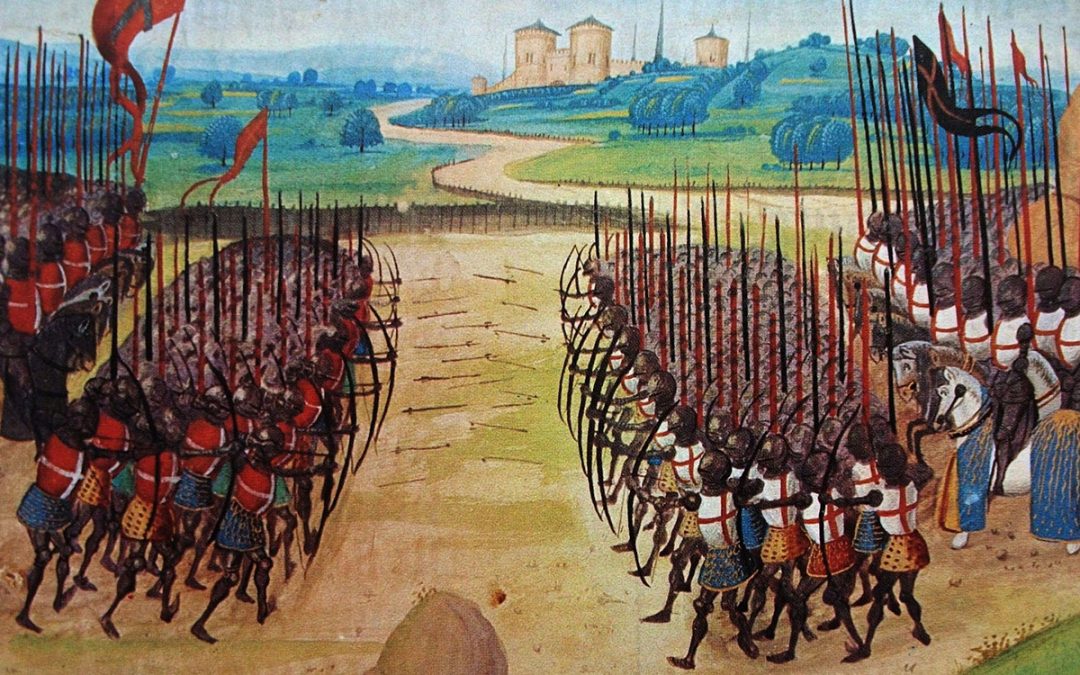The more I read and learn about the middle ages, with its seemingly interminable wars and raw struggles for power and advantage, I’m tempted to despair in my attempt to illuminate the hand of a Creator God in the affairs of men. The transition from barbarism to civilization is not an easy one. With the collapse of the Roman Empire and the ascendance of the invading barbarians, it was indeed a step backwards for evolving civilization. Despair, however, is a common human trait, not a divine one. The Creator does not despair. The Creator knows the end from the beginning.
Much of the difficulty in our correctly assessing historical facts stems from the modern notion that we are the authors of human progress. From this perspective it is impossible to understand how war, slavery, and sharp divisions in social class could be anything but evil, could possibly lead to anything noble and worthy of our approbation. It should be patently obvious that, if we really were the authors of human progress, we would have thrown up our hands in despair long ago and declared it a lost cause. And so it would have been, and still is, impossible to progress without God. He is, and forevermore will be, the standard of righteousness by which progress is measured.
One of the bright lights of the middle ages was Charlemagne, a king of the Franks, who united much of western Europe in the late 8th and early 9th centuries. He was a warrior king and most of his life was spent in armed struggle. He stood out as a champion of the church, helping to establish the Bishop of Rome as the head of the church. He also instituted a new appreciation for knowledge and learning. He incorporated bishops and monks in his royal court and sometimes gave heed to their advice. Most of his accomplishments began to unravel just as soon as he was gone. It began with Charlemagne himself, who divided up his empire among his sons. They were soon embroiled in internecine wars for supremacy. The ideal of a united Europe, still alive today, dates back to this most remarkable monarch.
By the close of the first millennium after Jesus, feudal Europe was in a frightful state of affairs. Kings had lost much of their power and authority, while the landed aristocracy waxed more powerful, unchecked in their suzerainty over the common people, who became tied ever more tightly to the land, without rights and with little claim to human dignity. To a disinterested observer, it would have been most difficult to see how Christian Europe was any better off than in the previous age of pagan barbarism. Help was on its way from another quarter, but who could have guessed what form it would take?
Philosopher’s Corner – Gene Ross

